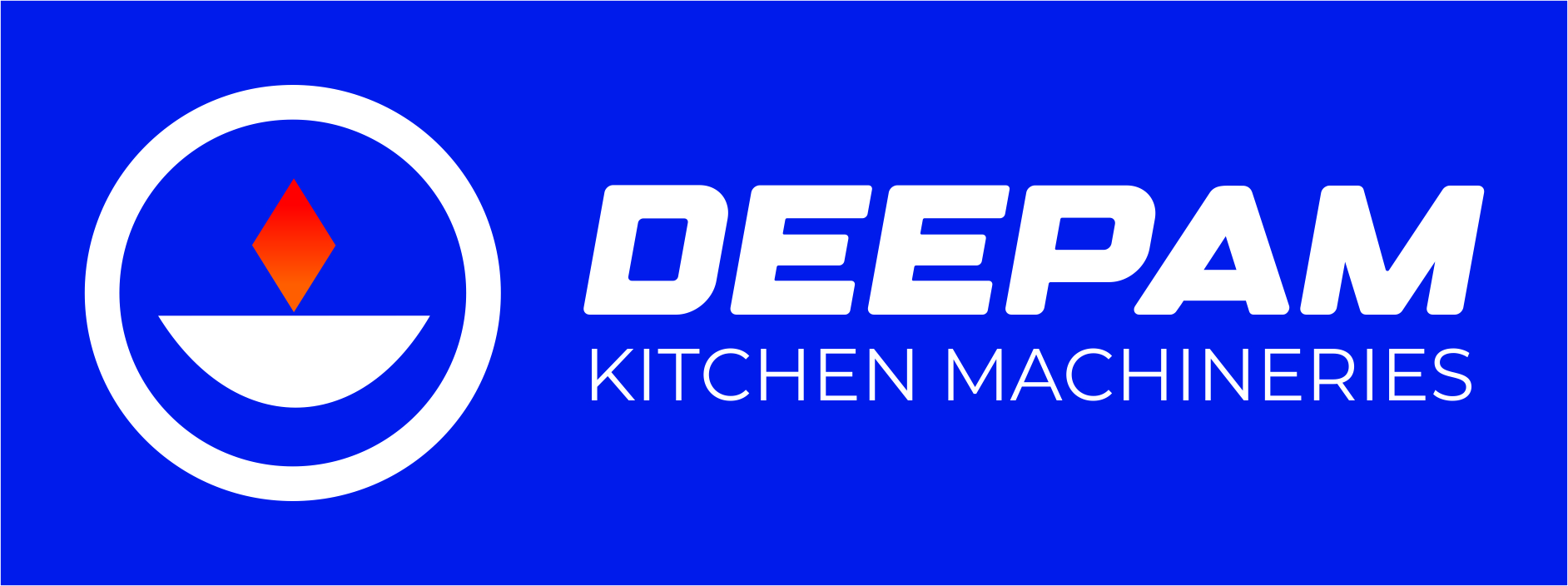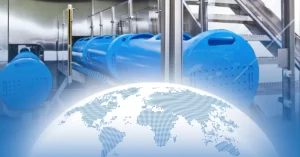THE SOLUTION TO ACHIEVE A FRESH, SAFE, AND MINIMALLY PROCESSED PRODUCT FOR EXTENDED SHELF LIFE
High-pressure processing (HPP), also known as High-Pressure Pascal or Cold Pasteurization, is a heatless (5°C to 20°C) food and beverage preservation method. This ensures food safety and extends shelf life while retaining the best properties of the fresh product.
Safety and minimal operation with a long shelf life
Withstands high isostatic pressure delivering water up to 6,000 bar / 600MPa / 87,000 psi held for minutes. This pressure is sent evenly and instantly throughout the product, thus achieving the same effect as pasteurization without the use of heat.
Today’s consumers want food and beverages with special properties: higher organoleptic and nutritional quality, free of additives and food additives, ready-to-eat, long-lasting, and 100% safe.
HPP technology keeps food fresh for up to 3 months after packaging. Non-insulating technologies such as HEPP have grown in recent years as they are perfectly adapted to these areas, unlike heat treatment and chemicals.
High-pressure machining or cold pasteurization is a non-insulating process for most companies because of its many benefits.
HPP Advantages:
- Food Safety Guaranteed. HPP destroys pathogens (Salmonella, E. Coli, Listeria, Vibrio, norovirus, etc.) and spoilage microorganisms (lactic acid bacteria, coliforms, etc.), meeting the requirements of food authorities.
- Minimal Processing. The nutritional and organoleptic characteristics of food products are kept intact. It provides minimally processed foods, maintaining the freshness of the original product.
- New Market Opportunities. In the case of some products such as cured ham, this is the only technology that allows its producers to enter markets safely, such as Japan or the US.
- Shelf Life Extension. Depending on the product, HPP extends the shelf life up to 3x to 30x, while still ensuring a high-quality product.
- Improve Supply Chain Operations. Thanks to an extended shelf life, it is possible to optimize production planning and scale operations.
- Reduce Food Waste. HPP prevents food waste on the retail shelf and in the consumer’s refrigerator since it has an extended shelf life.
- Clean Label. HPP allows to drastically reduce or eliminate the use of preservatives or additives in food.
- Wide Range of Applications. HPP can be used for a variety of food applications. Discover the range of applications on our website.
- Versatile. HPP can be applied on packaged products (In-Pack), avoiding cross-contamination; or directly on bulk liquids for greater productivity and having no limitations on packaging (In-Bulk).
- Innovative Products. HPP allows R&D teams to develop innovative products for the consumer and open new market niches.
- Increases the Extraction Yield of Shellfish Meat. HPP, at low pressures (3,000 bar), is used for opening bivalve mollusks and removing meat from crustaceans, increasing efficiency and minimizing labor.
- Eco-friendly. It requires electricity and water, which can be recycled.
HPP Disadvantages:
- Does Not Inactivate Spores. To be able to achieve this, a combination of pressure (6,000 bar) and temperature (>100ºC) would be needed.
- Sterilization is a technology capable of inactivating spores. Normally, the food industry uses high temperatures, achieving shelf-stable food at room temperature for months or years. The drawback is that the high temperatures that are applied alter the nutritional and organoleptic properties of the food or drink.
- Currently, the combination of different technologies, including HPP, is being investigated to ensure the inactivation of spores, while still maintaining the characteristics of fresh food.
- Not Effective on Dry Products. To ensure its effectiveness, it is recommended that the products have an Aw (water activity) greater than 0.8.
- In certain cases, it is possible to develop alternative products or even modify certain aspects such as formulation or acidity to make the process efficient, even if the Aw is less than 0.8.
- Possible Changes in Texture or Color. Macromolecules such as proteins and polysaccharides change their three-dimensional structure with HPP. This can generate changes in the texture and color of some products (meat, eggs, or fish). However, there is no alteration in their composition or flavor.
- This effect is not noticeable in raw marinated meats.
- When HPP is used for meat extraction in seafood products, the protein structure is not altered since lower pressures are used (about 3,000 bar / 300 MPa / 43,000 psi).
To know more contact us.

